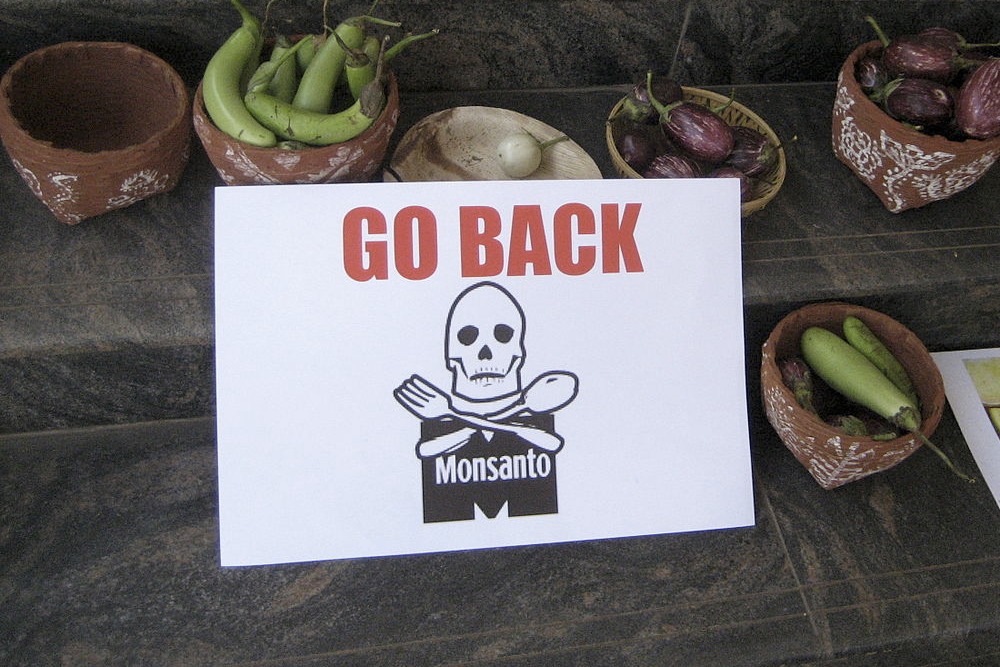
European Trade Unions Join Fight against Glyphosate Herbicides
Trade unions across Europe have joined the Great Glyphosate Rebellion by urging the European Union to take precautionary action on the use of glyphosate, the world’s most widely used herbicide.
Glyphosate is the main active ingredient of the well-known product RoundUp, manufactured by the US agrochemical and biotechnology giant Monsanto.
May 23, 2016 | Source: Sustainable Pulse | by
Trade unions across Europe have joined the Great Glyphosate Rebellion by urging the European Union to take precautionary action on the use of glyphosate, the world’s most widely used herbicide.
Glyphosate is the main active ingredient of the well-known product RoundUp, manufactured by the US agrochemical and biotechnology giant Monsanto.
Although glyphosate was classified as “probably carcinogenic to humans” by the World Health Organization’s International Agency for Research on Cancer (IARC) in March 2015, it is still used to control grass and weeds in fields, backyards and gardens.
The European Federation of Food, Agriculture and Tourism Trade Unions (EFFAT) demands alternatives to glyphosate. EFFAT, which represents almost seven million agricultural workers in Europe, urged the European Commission “to ban glyphosate in the EU and to provide comprehensive support for a safer, healthier food system which safeguards frontline agricultural workers from the consequences of injecting massive quantities of toxic chemicals into the environment.”
At the national level, the two main Spanish trade union confederations, Comisiones Obreras (CC.OO.) and UGT, called on their government to reject the EU Commission proposal to prolong the authorisation to market glyphosate in the EU.
In the UK, the general trade union GMB demands the application of the precautionary principle. “Employers should be substituting products containing glyphosate with safer alternatives that pose no health risk,” said the union in a statement.
In March last year, the IARC issued a report which classified glyphosate as “probably carcinogenic to humans.” However, in November the European Food Safety Agency (EFSA) – on the basis of reports prepared by the industry – officially rejected the IARC’s conclusions and declared that glyphosate poses “no carcinogenic hazard to humans” or any other health risk.
